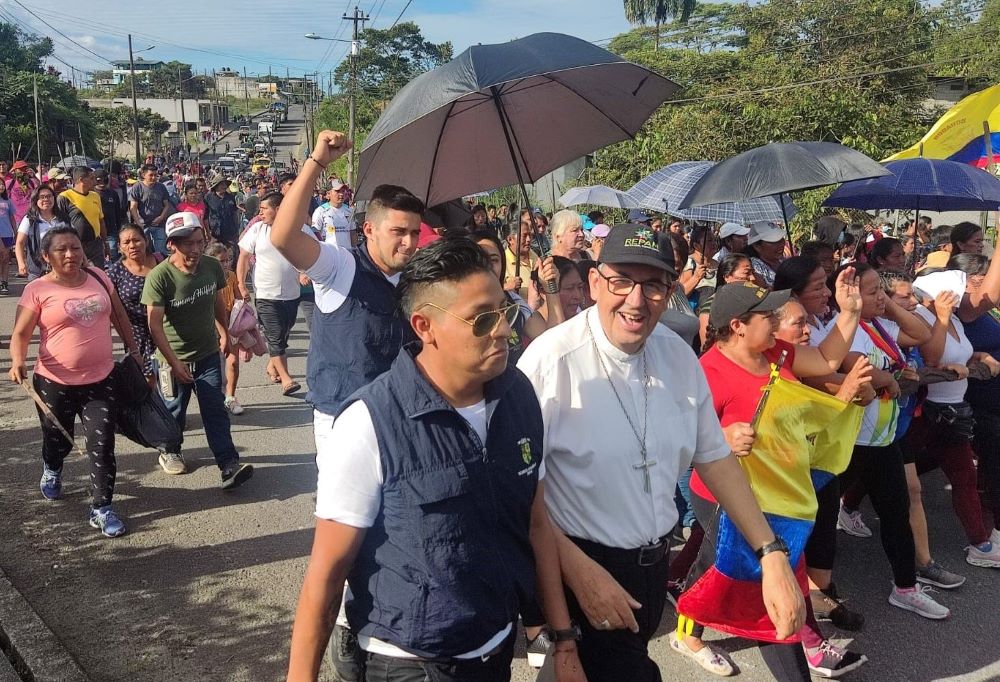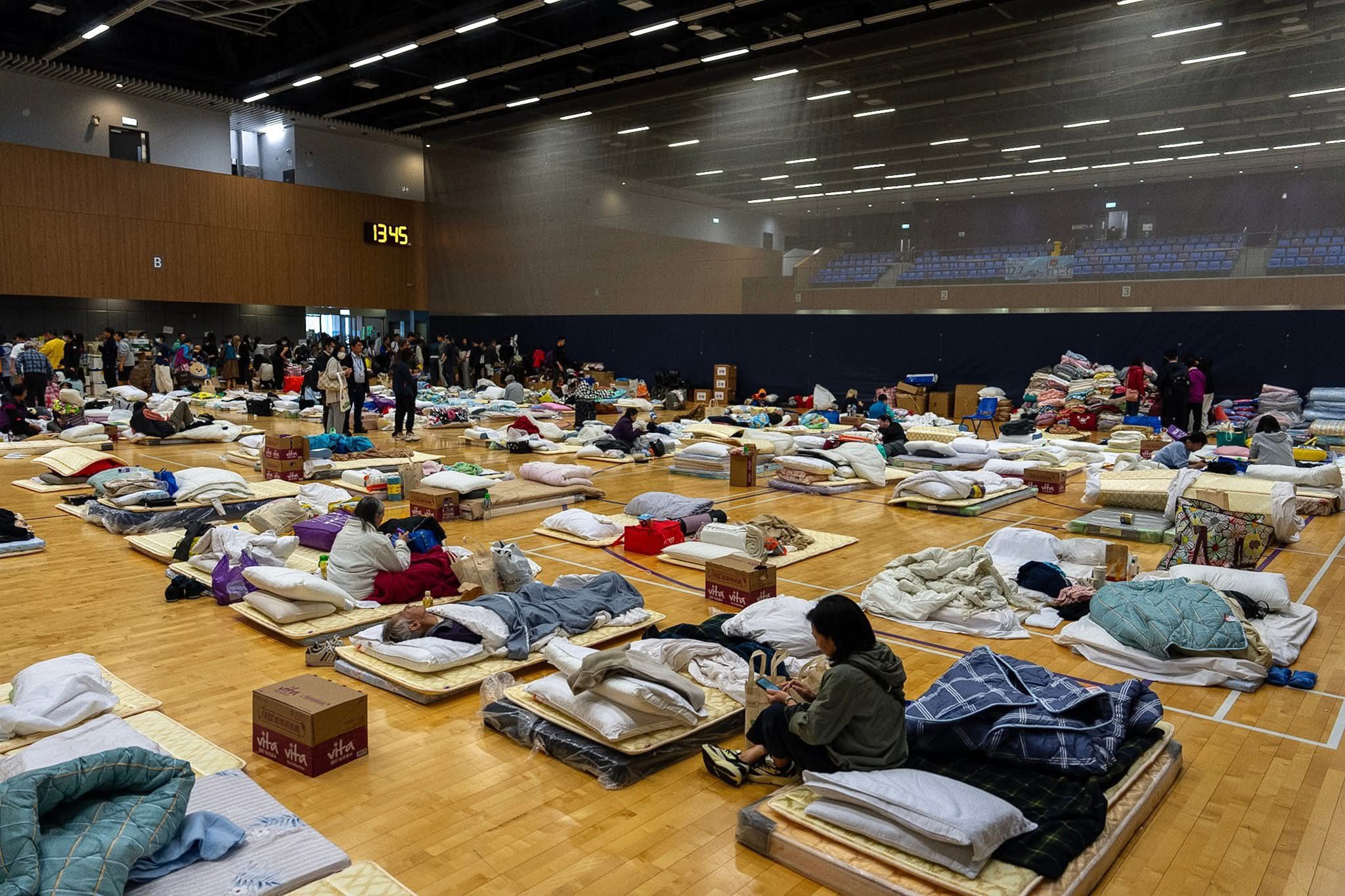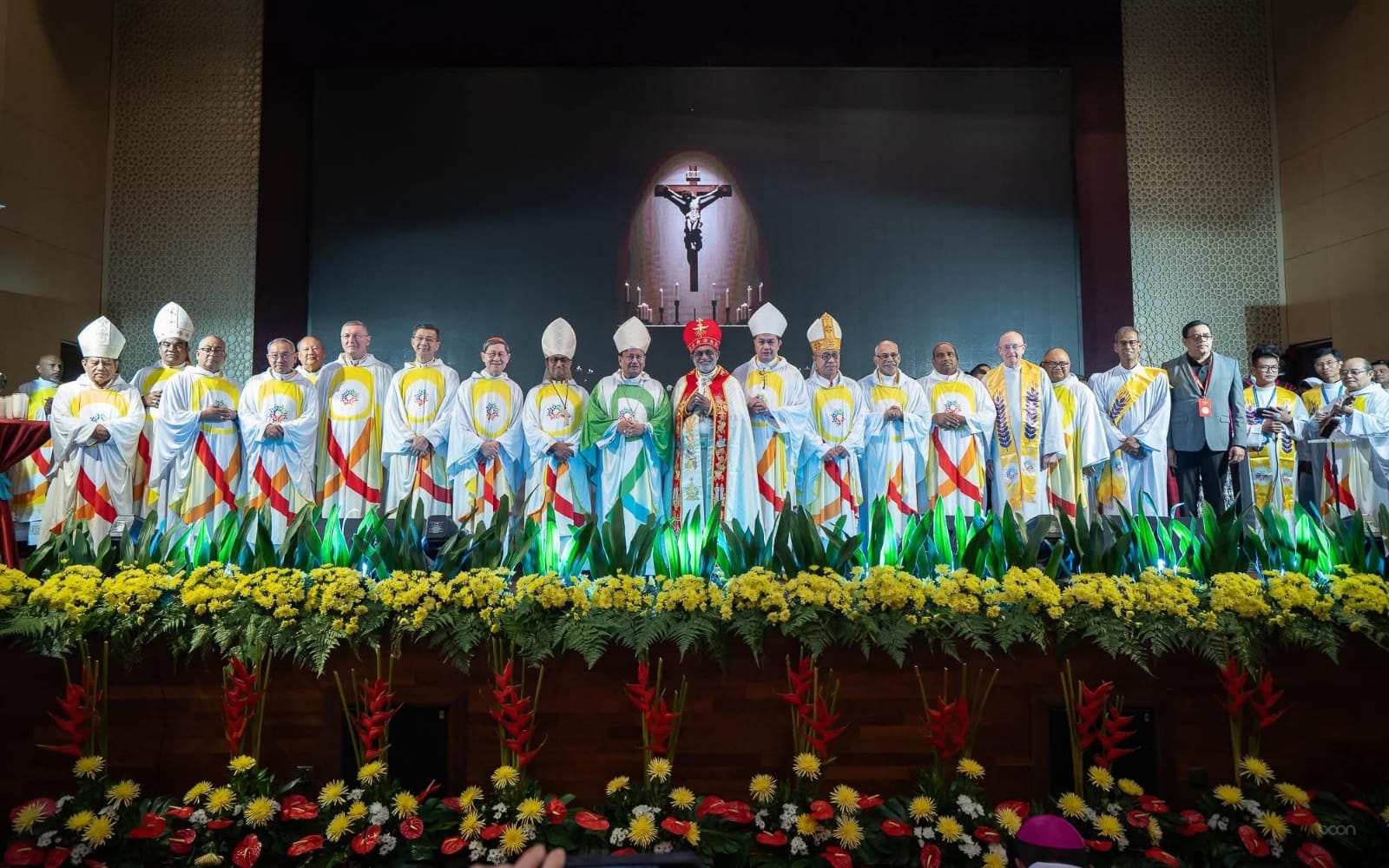Catholic Church Raises Alert, Steps Up To Aid Victims, Offer Support
Joaquim Magalhães de Castro
Dom Antonio Crameri, bishop of the Apostolic Vicariate of Esmeraldas, in northwest Ecuador, has been drawing attention to the criminal gangs that are destabilizing the country, to the point that the president, Daniel Noboa, was forced to declare a state of emergency to face what he defined as an “internal armed conflict”.
The majority of the perpetrators are teenagers, young people without life experience and training, “like anonymous bodies to be slaughtered, what in military terms is called cannon fodder”, as Monsignor Crameri says, in an interview with Missio Switzerland, an important organ of the Pontifical Mission Societies based in Switzerland.
Monsignor Crameri (who was born in Locarno and has been in Ecuador since 2002) has no doubt that there is already “a real civil war” in Esmeraldas, remembering, by the way, the seven drug traffickers killed in the province since December last year. It is extreme violence between rival mafia clans: fires at gas stations and vehicles, bomb attacks on police headquarters, looting, wanton destruction and repeated shootings. Many people flee their villages, leaving all their belongings behind.
“Not a week goes by without me receiving a call from a threatened family, begging me to take them to a safe place,” says Dom António Crameri. The Church, always close to the most vulnerable, has already provided a field hospital and a center where medical, psychological and spiritual assistance is provided to victims, providing an alternative and support that the State does not guarantee. However, this center depends on financial aid and donations from abroad. Therefore, Monsignor Crameri launches an appeal: “please support us and pray for us”.
Since January 8, 158 prison officers and 20 administrative employees have been taken hostage shortly after the state of emergency was declared, which, curiously, coincided with the escape from the Guayaquil regional prison of José Adolfo Macías Salazar, alias “Fito ”, considered the main criminal leader in the country. So far, President Noboa has outlined two pillars of his strategy to combat organized crime: regaining state control of prisons through the construction of new maximum security prisons; and, increase control over Peruvian and Colombian citizens, who will be asked to provide a criminal certificate from their country of origin or residence from the last five years in order to enter Ecuador.
Ecuadorian criminal gangs maintain close relationships with Colombian, Mexican and Albanian drug trafficking organizations. The latter “manage” cocaine trafficking from Colombia and Peru, which transits through Ecuador and is destined for the European market. From Peru, in addition to cocaine, weapons used by Ecuadorian gangs also arrive, some of which appear to have been stolen from Peruvian military arsenals, although the Minister of Defense of that country, Jorge Chávez Cresta, denies this possibility.
The Episcopal Conference of Ecuador intervened on the dramatic situation in the country with a statement addressed “to all men and women of goodwill who live in Ecuador”. It says the following: “Organized crime is sowing chaos and despair in our daily lives. Violence, wherever it comes from, must find us united, looking to the future and with the strength necessary for our country to be what it has always been: a place of peace, work, fraternity”. And he continues: “Let us not fall into the sterile panic that the game of violent people creates by giving credence to any alarmist image shared on social media, nor let us be naive and give up believing that this fight belongs only to those who govern us”.
The Ecuadorian bishops further exhort: “We are a country of faith. Since we were children we learned that we are all brothers and we call God our father; Let us entrust to Him, once again, the integrity of every good Ecuadorian and the stability of the State so that peace returns as quickly as possible. In this year of 2024, in which we celebrate the 150th anniversary of the consecration of our country to the Sacred Heart of Jesus, we commit ourselves to life and justice and ask Him to “save Ecuador”.
From an “island of peace”, Ecuador became the eleventh-most violent country in the world, alongside Syria, Iraq and Afghanistan, according to data from the Global Initiative against Transnational Organized Crime. In 2019, Ecuador had a rate of 6.7 violent deaths per 100,000 inhabitants. Today, that number has risen to 45. Drug trafficking is the main cause of “the country’s descent into the hell of violence”.
With its road infrastructure and the port of Guayaquil, Ecuador has become an important transit hub for Colombian and Peruvian cocaine destined for international markets, especially North American and European. In addition to cocaine trafficking, heroin and fentanyl trafficking is also increasing.
Furthermore, a dollar-based economy makes it easier for criminal organizations to trade and launder money; the weak tools available to the State to control legal flows into and out of the country that hide drug shipments; a society with uneven development with high rates of unemployment and “illegal work”; the effects of social networks, through which the false values of drug traffickers are transmitted on to young people without prospects. All of this serves to worsen the situation.


 Follow
Follow


